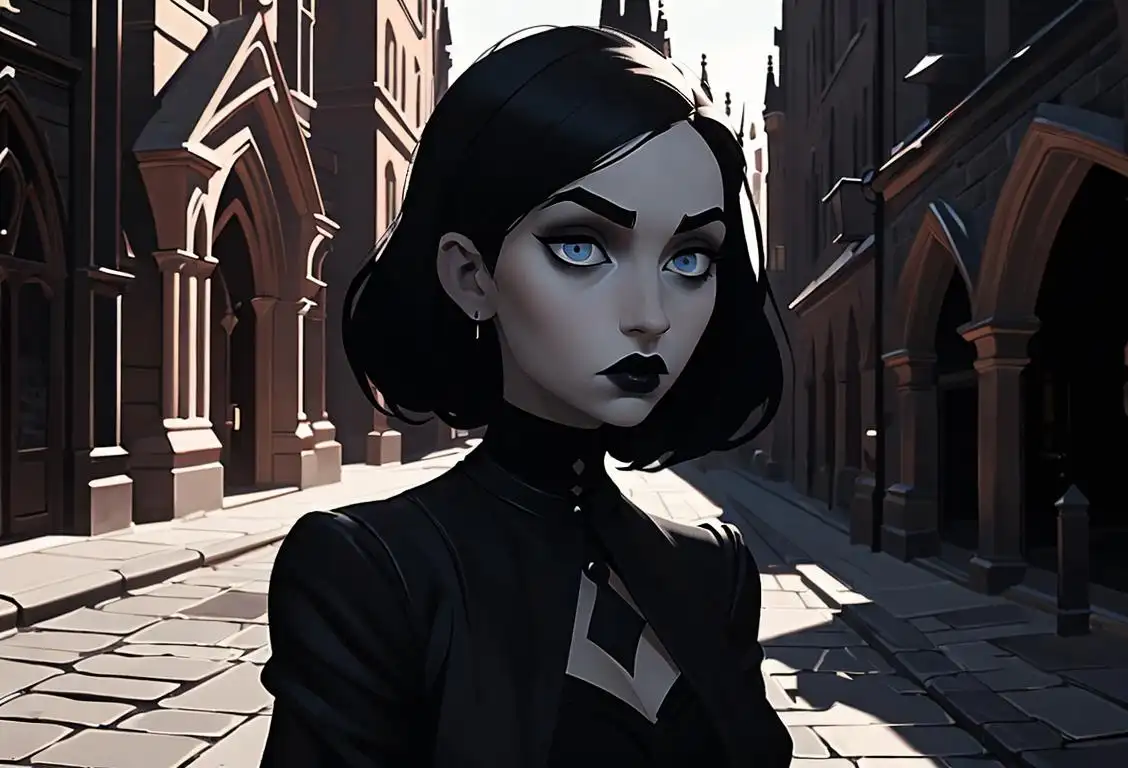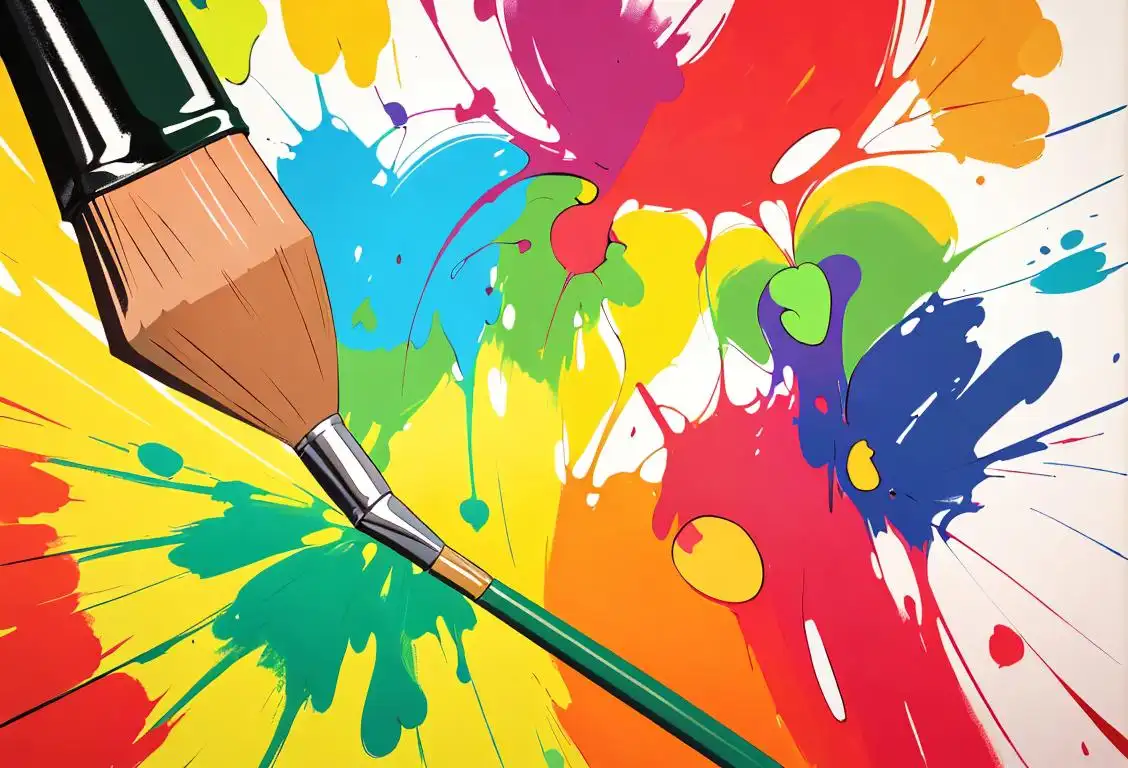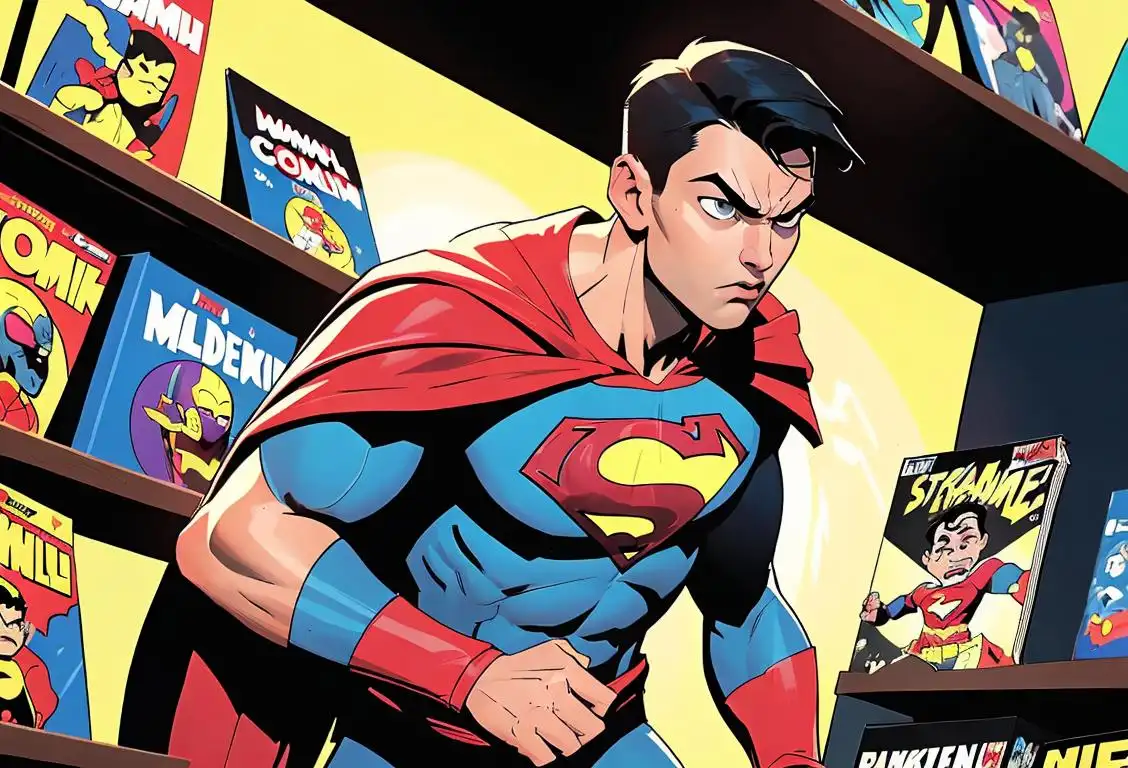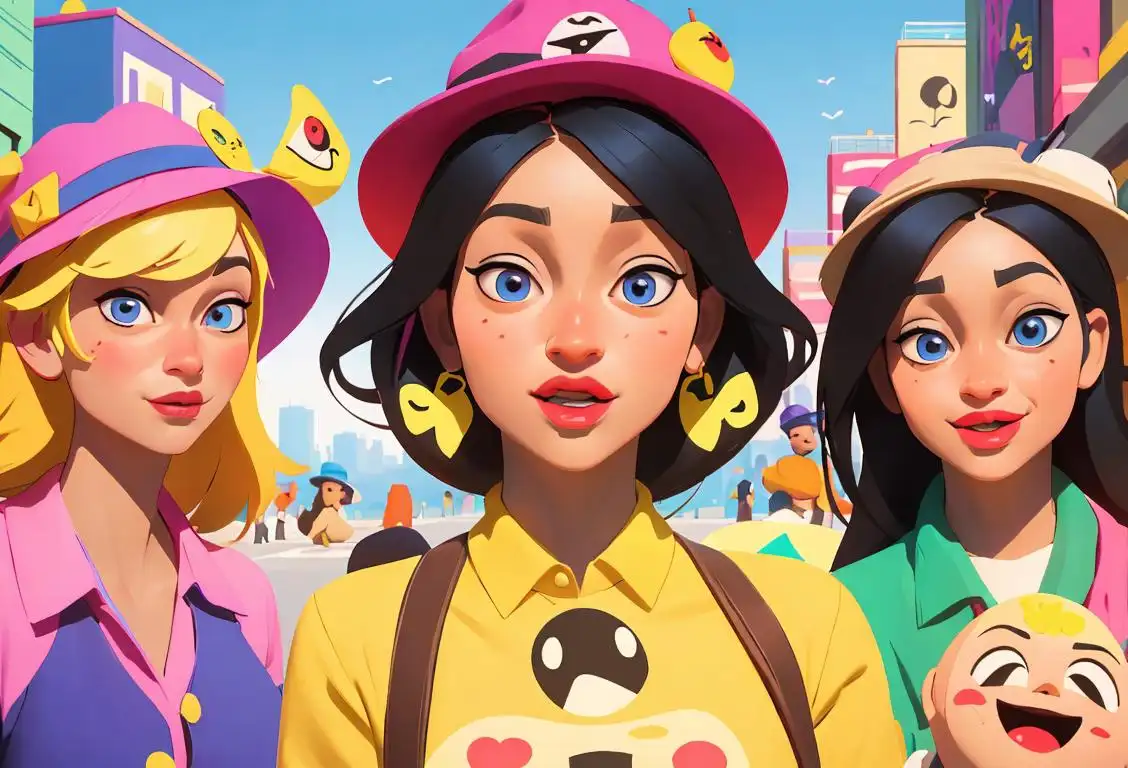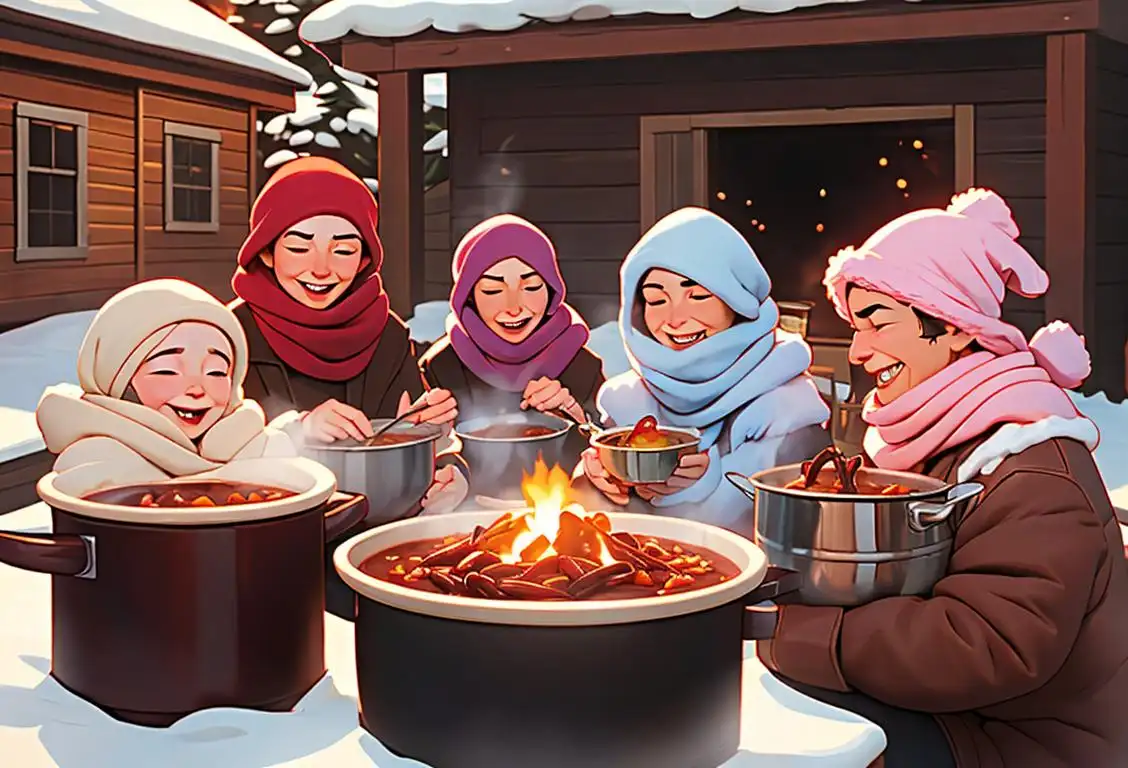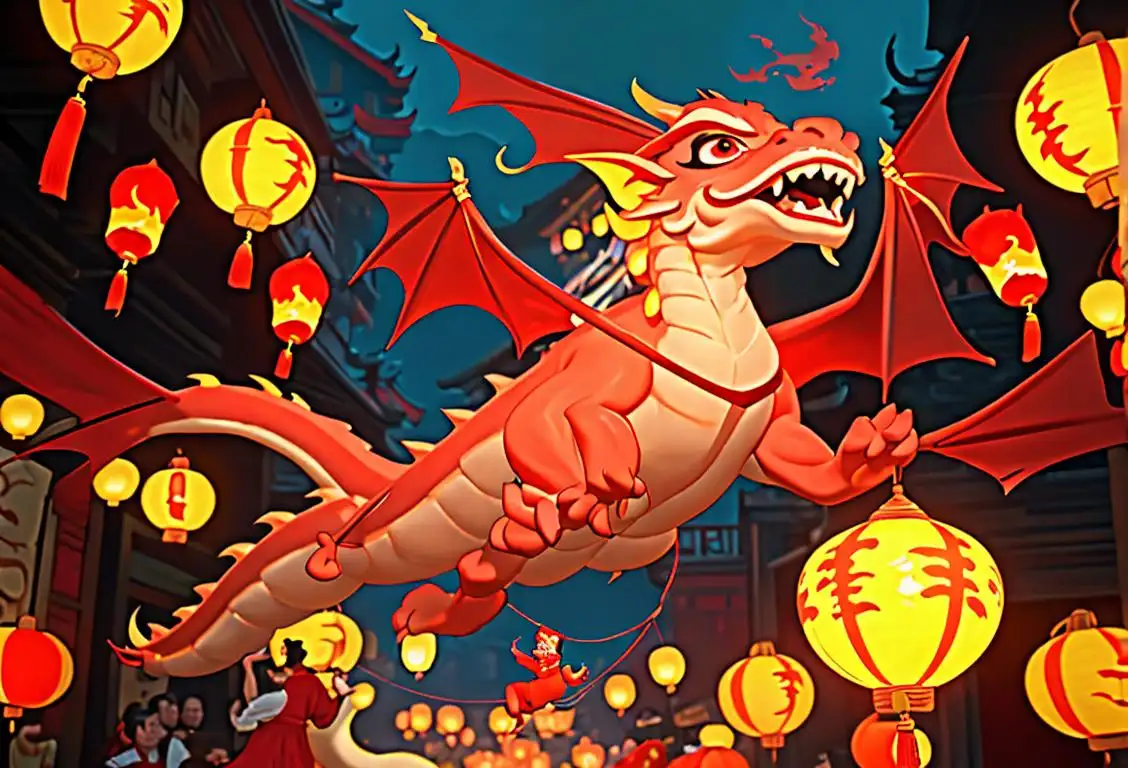National Haiku Day
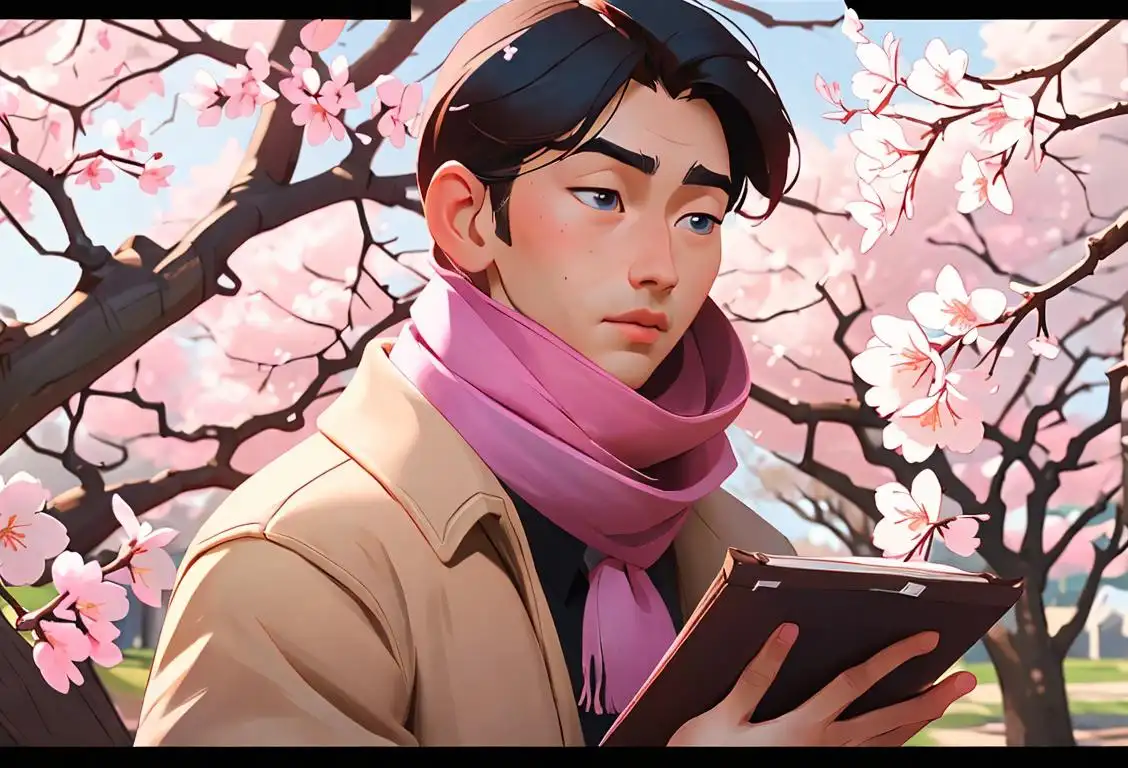
Once upon a time, in the beautiful wide web of the internet, there arose a day where, for one brief but glorious 24 hours, social media feeds blossomed with verses arranged like delicate cherry blossom petals. I present to you, dear reader, the story of National Haiku Day.
When is Haiku Day?
It's national haiku day on the 17th April.
A Brief History of National Haiku Day
Oh, National Haiku Day, what a special day you are! Born out of love for this intricate Japanese poetry form, the day aims to encourage everyone to try their hand at composing haikus. This day celebrates the art that's all about expressing a whole universe in a droplet, or for less poetic folks, in 17 syllables. The first traces of the National Haiku Day began appearing in digital form around the mid-2000s, and there’s been a steady stream of 5-7-5 syllable goodness each subsequent year.
The Peak of Haiku
As our data suggests, on April 17th, 2017, the internet became a giant Haiku slam. With 3112 delightful mentions, cyberspace echoed the soft 'clickety-clack' of keyboards typing out eloquent observations in form of haikus. The haikus ranged from delightful musings about the morning coffee to profound thoughts about the nature of existence.
Haiku - A Land of Creativity
Admittedly, creating a haiku can be a tad challenging. But that’s the beauty of it, it invites you to play with language and craft a world in three simple lines. National Haiku Day is not confined to poets or literary enthusiasts. Whether you’re a sports fan, a foodie or a hopeless romantic, everyone is encouraged to swim in this sea of creativity.
History behind the term 'Haiku'
12th century
Birth of Haikai no renga
In the 12th century, a poetic form called Haikai no renga emerged in Japan. Haikai no renga was a collaborative poem composed of linked verses written by multiple poets. These verses were often witty and humorous, deviating from the more serious and formal style of traditional Japanese poetry.
16th century
Matsuo Basho's Haikai no renga mastery
During the 16th century, the poet Matsuo Basho became a prominent figure in the world of Haikai no renga. His skillful writing and ability to evoke powerful imagery within the constraints of the form gained him recognition. His haikai verses began to stand out on their own, and this marked a shift toward the standalone haiku as a distinct form of poetry.
19th century
Haiku as an independent poetry style
In the 19th century, haiku gained recognition as an independent poetry style. The influential poet Masaoka Shiki played a significant role in popularizing haiku. Shiki advocated for the use of a simpler and more observational style, emphasizing the connection with nature and everyday life. His efforts helped establish the three-line structure of a haiku: five syllables in the first line, seven in the second, and five in the third.
20th century
Haiku's global popularity
In the 20th century, haiku started to gain popularity outside of Japan. Translations allowed people from different cultures to appreciate the form's beauty. Haiku societies and journals began to form around the world, promoting the reading, writing, and appreciation of haiku. This helped foster a global community of haiku enthusiasts and further established the influence of haiku as a unique form of poetry.
21st century
Haiku's digital presence
In the 21st century, haiku has found a new home on the internet. Social media platforms and online forums have become hubs for haiku enthusiasts to share and discuss their work. Digital platforms provide a space for the continuous evolution and experimentation within the haiku tradition. Today, haiku remains an enduring form of poetry, celebrated for its brevity, simplicity, and ability to capture profound moments.
Did you know?
Although haikus are traditionally supposed to reference nature or the seasons, when National Haiku Day rolled around, many of the haikus posted online refer to more contemporary topics. Don't be surprised to see a haiku about binge-watching a series or even the unpredictability of the Wi-Fi!Tagged
culture creativity internet_history poetry japaneses_cultureFirst identified
17th April 2015Most mentioned on
17th April 2017Total mentions
3112Other days
Haiku Day
Limerick Day
Goth Day
Inspire Your Heart With Art Day
Handloom Day
Comic Book Day
Emoji Day
Chili Day
China Day
Moving To Canada Day

